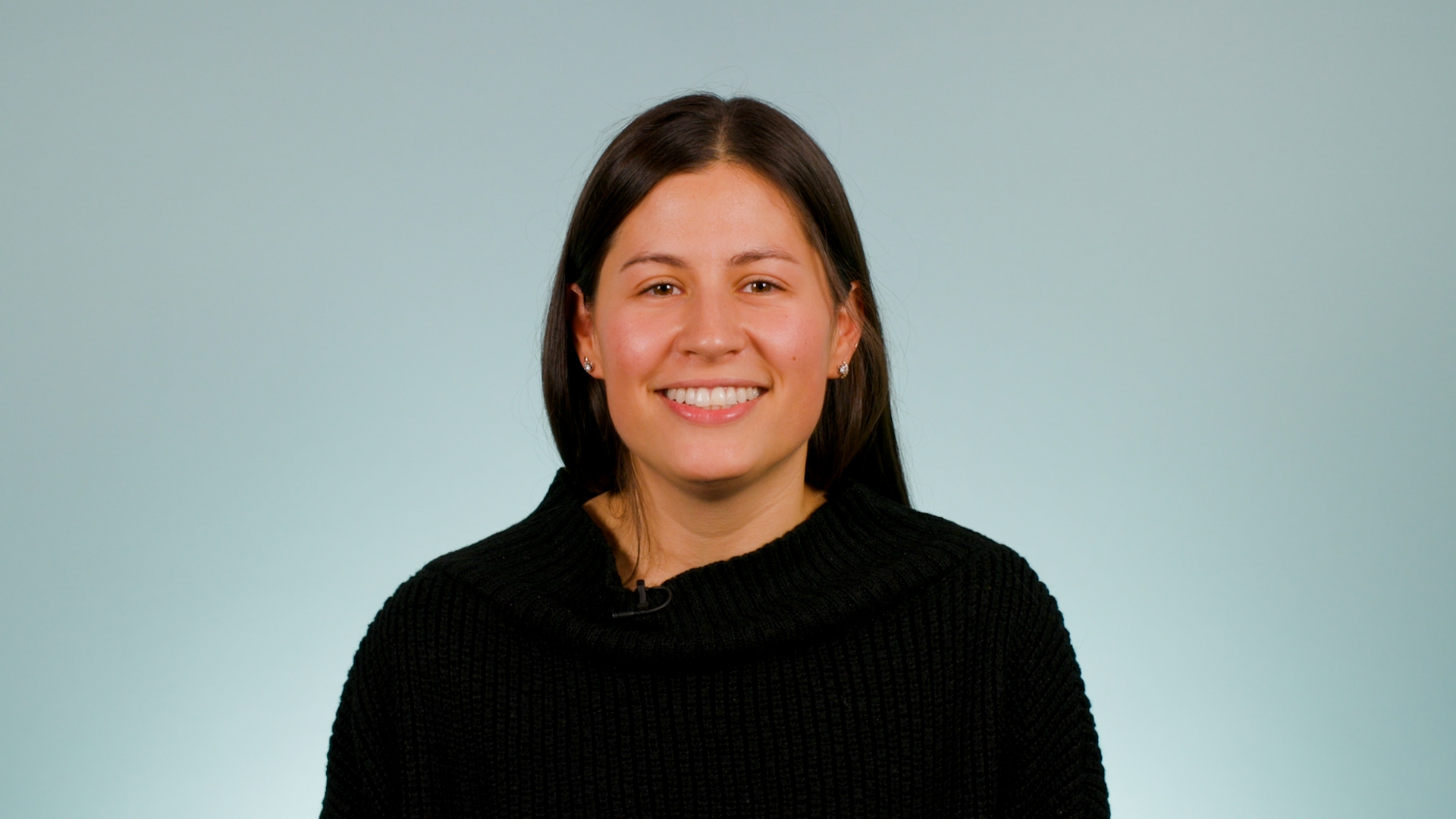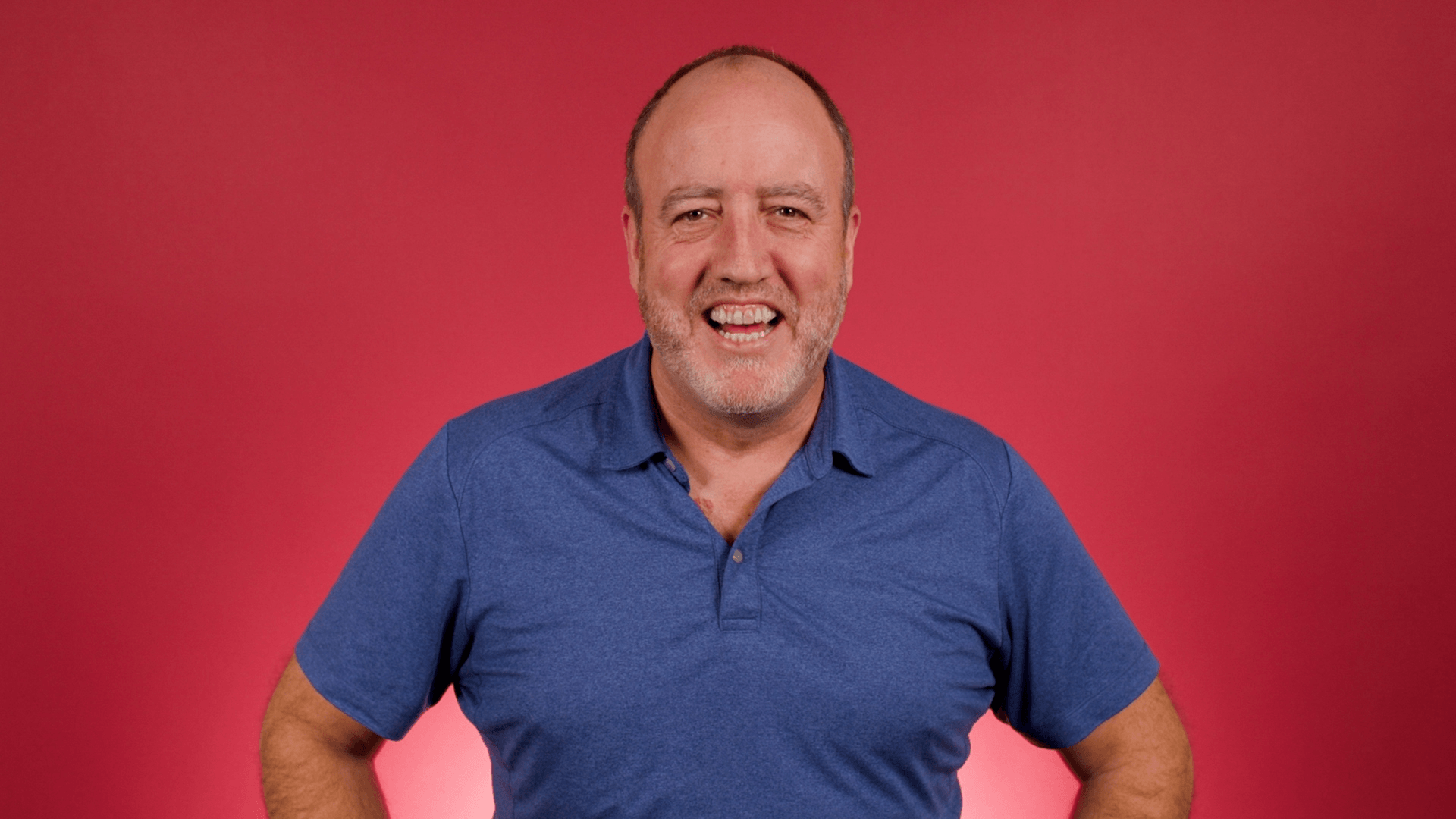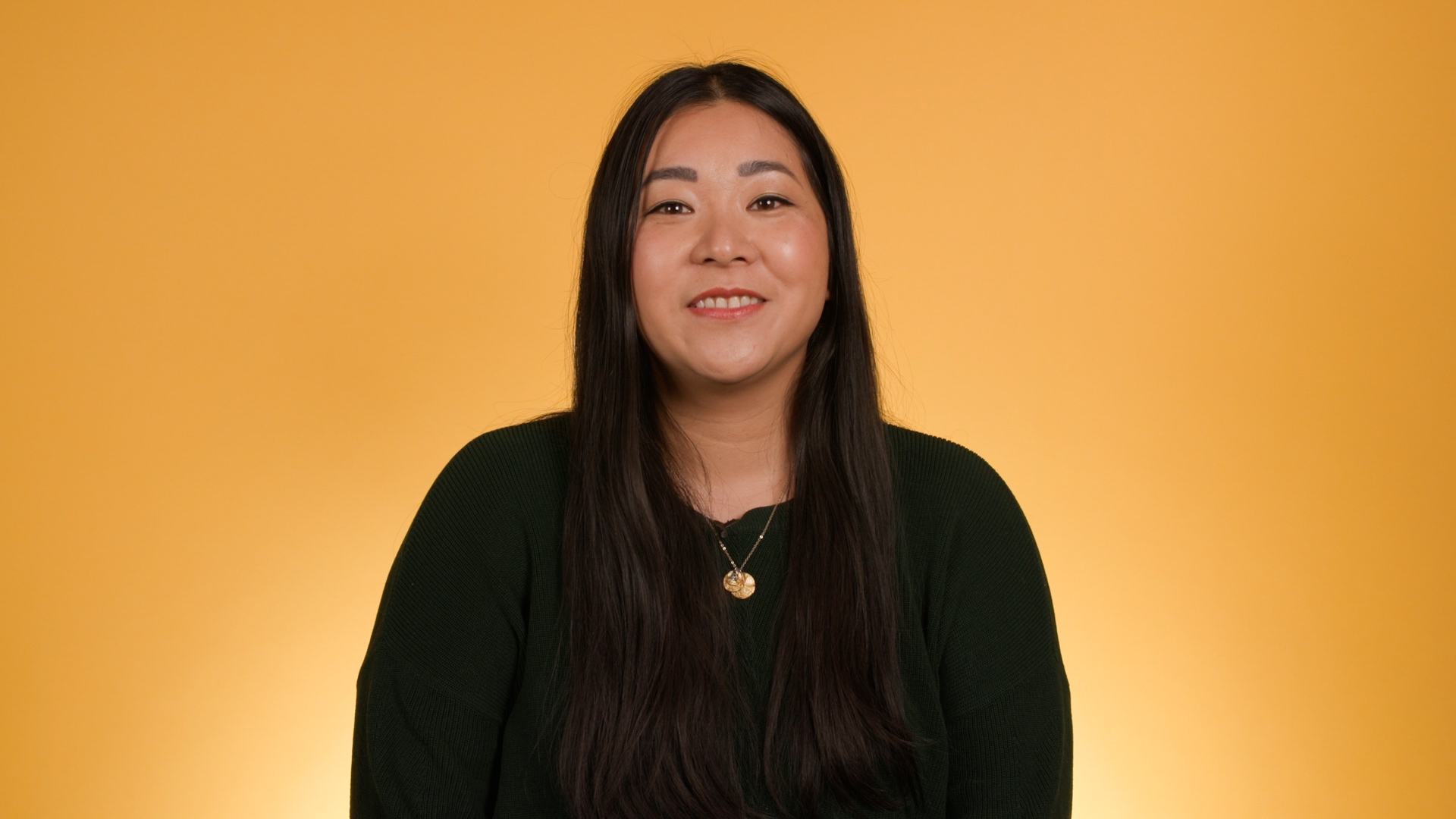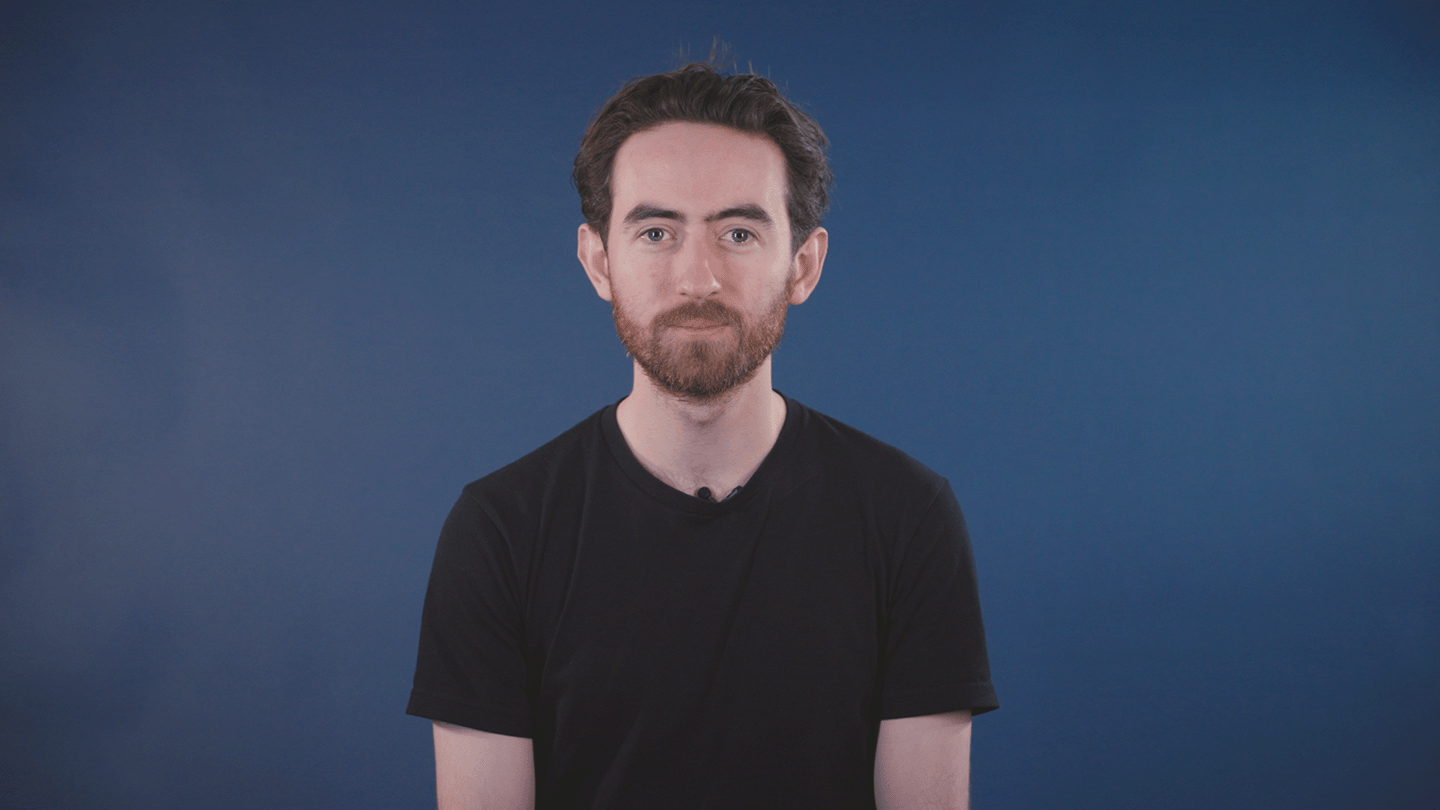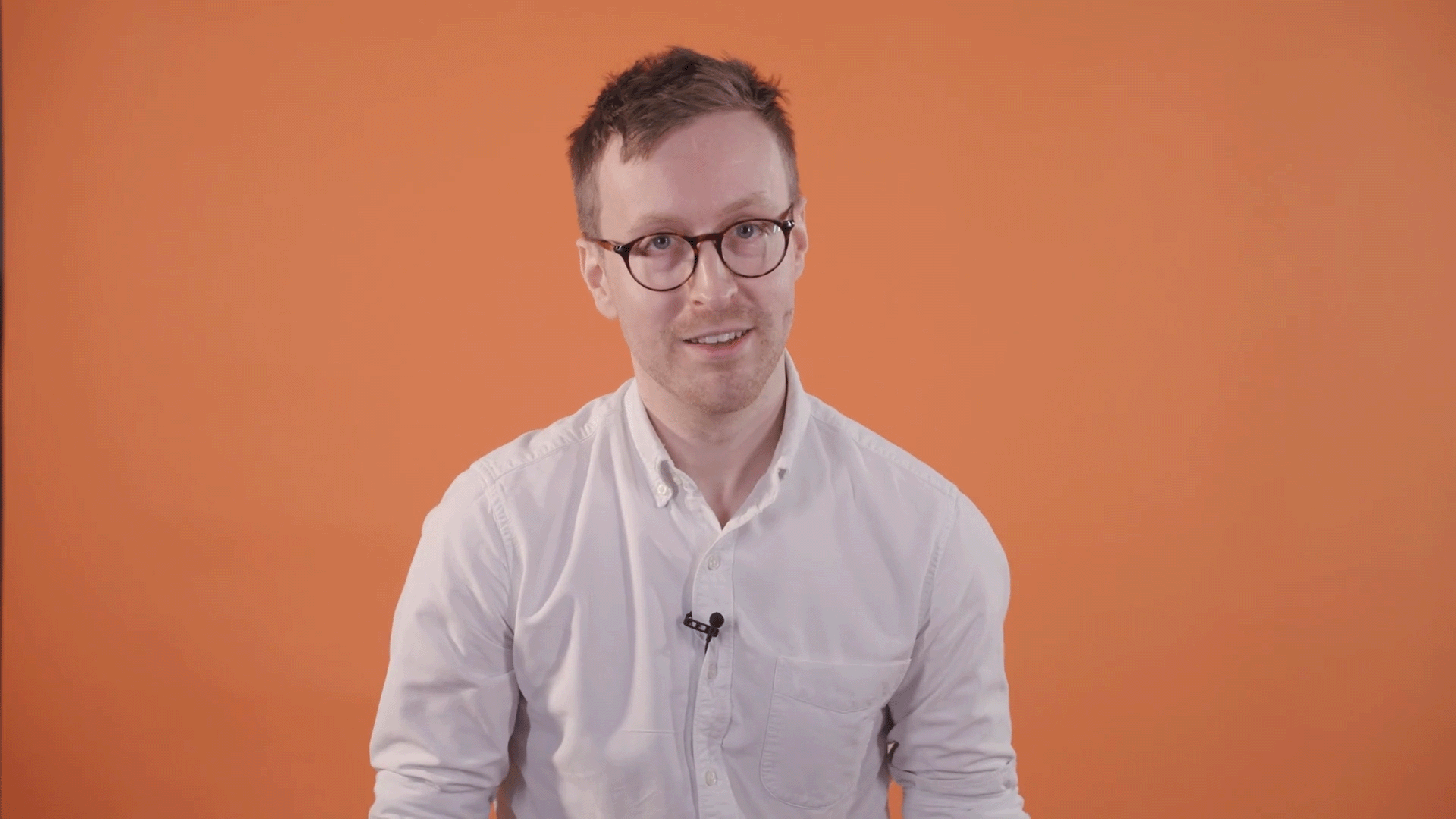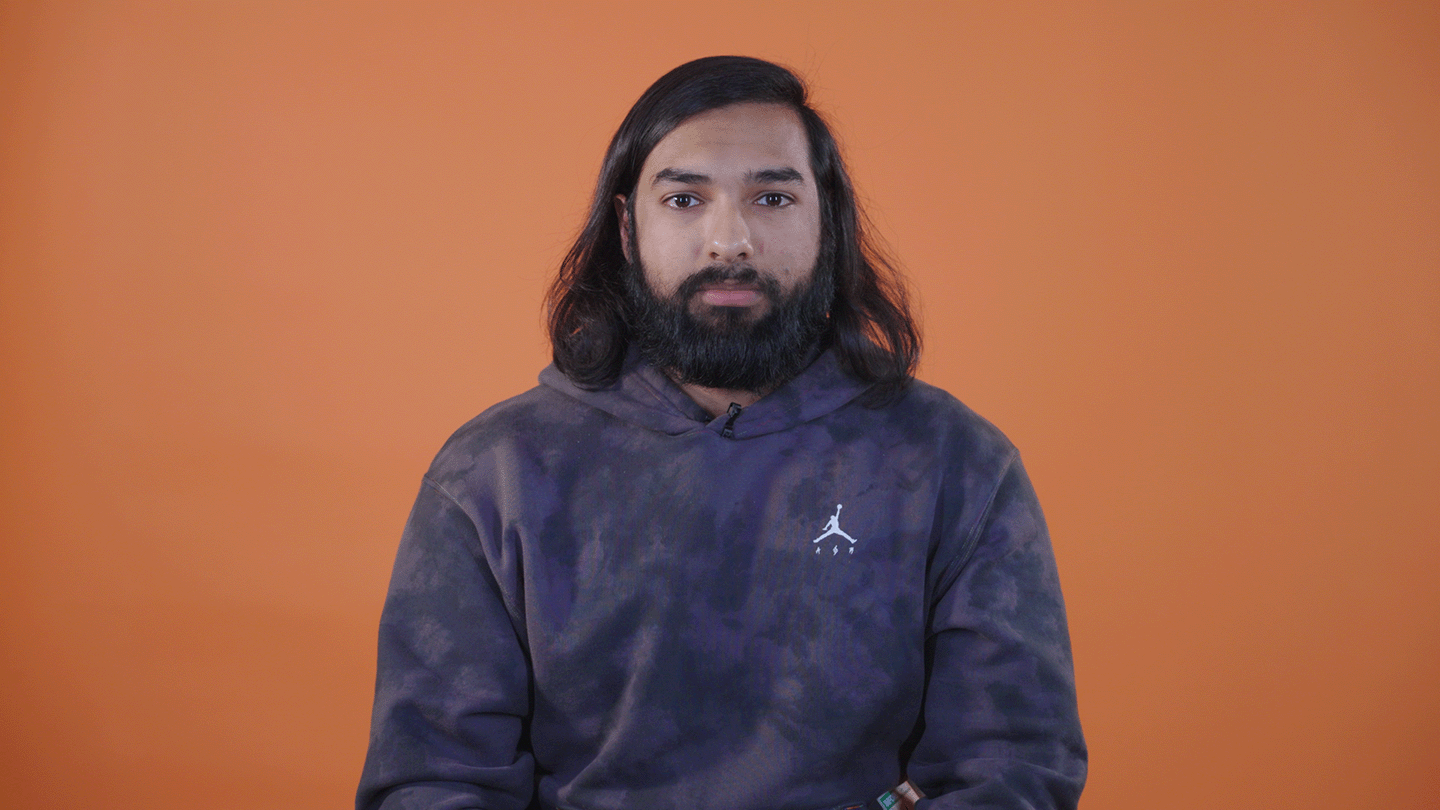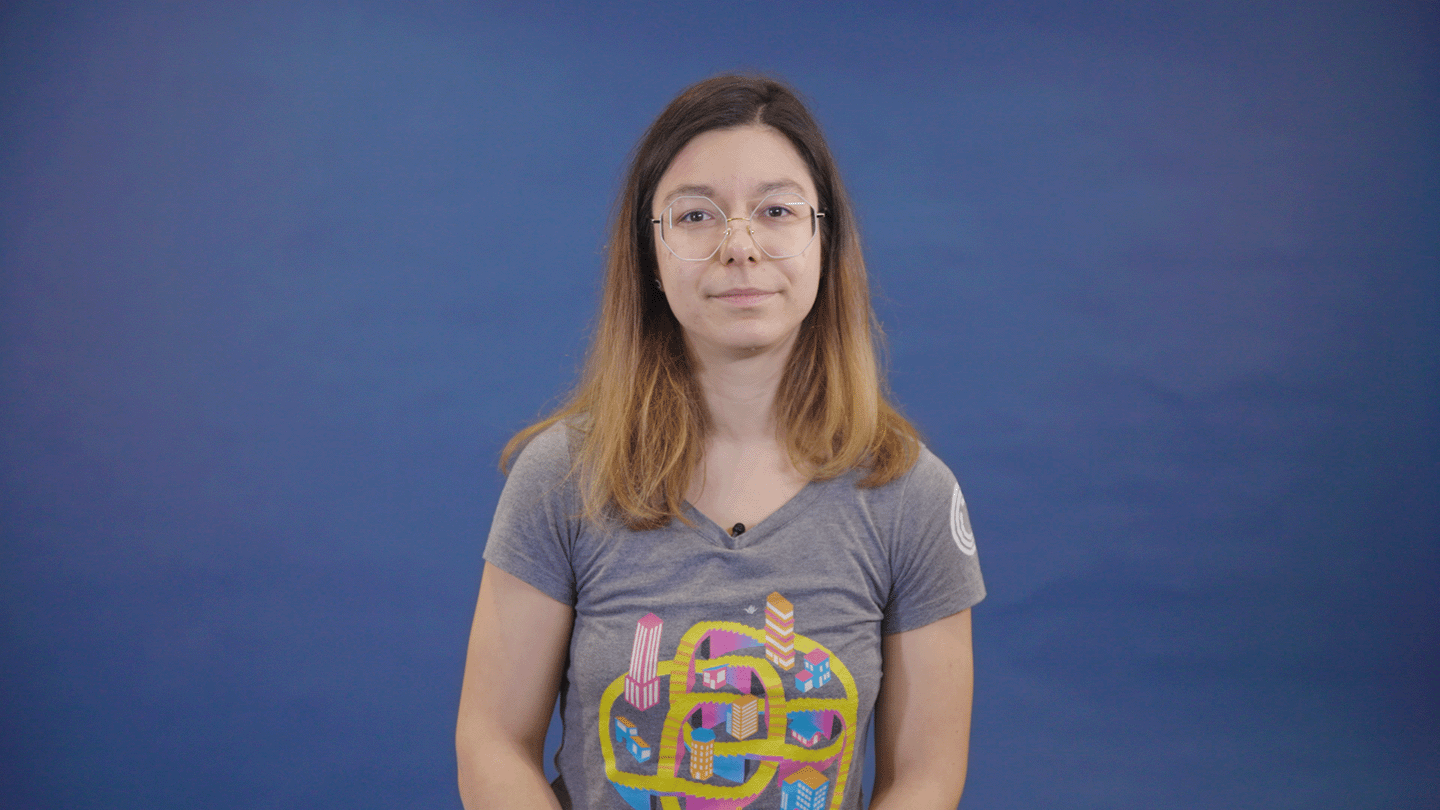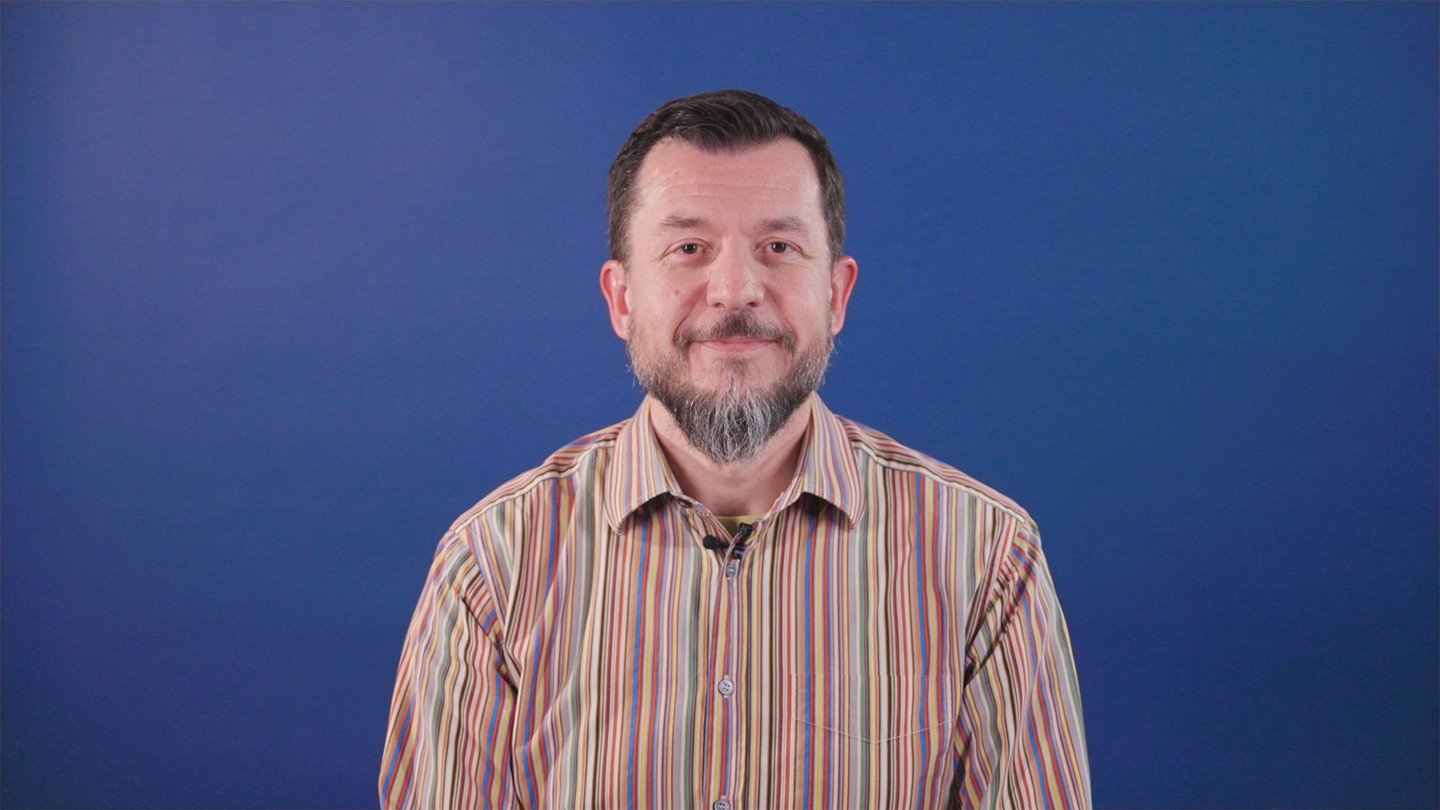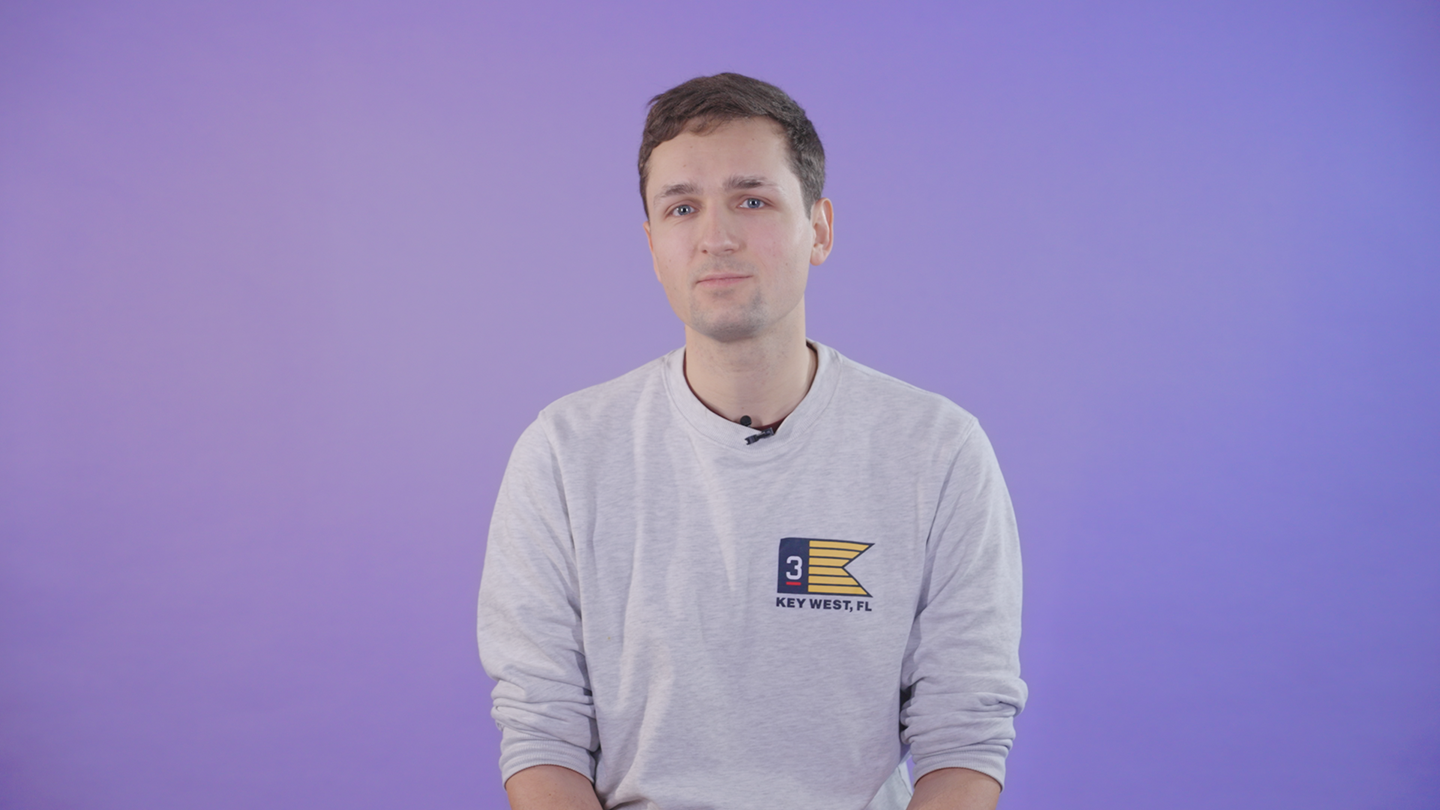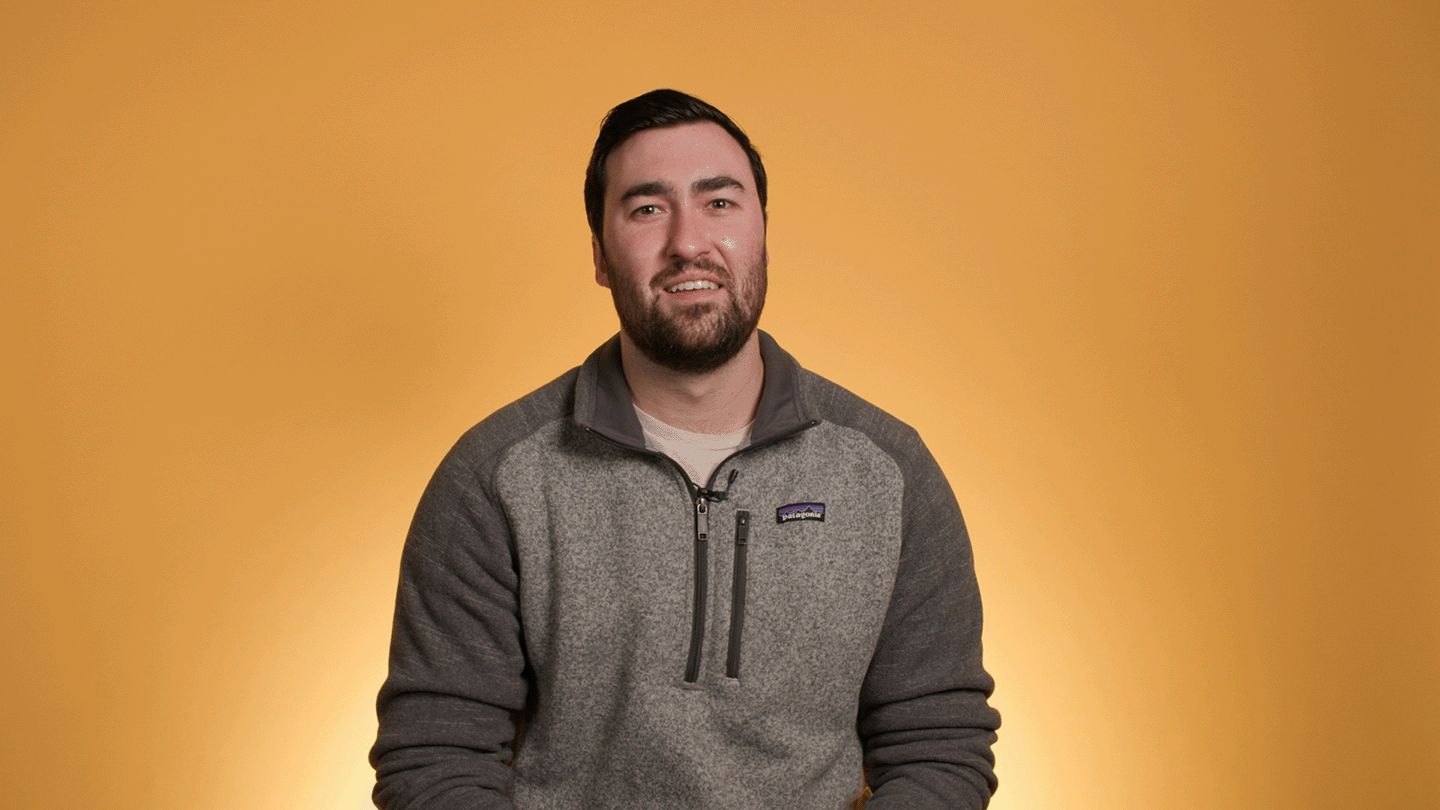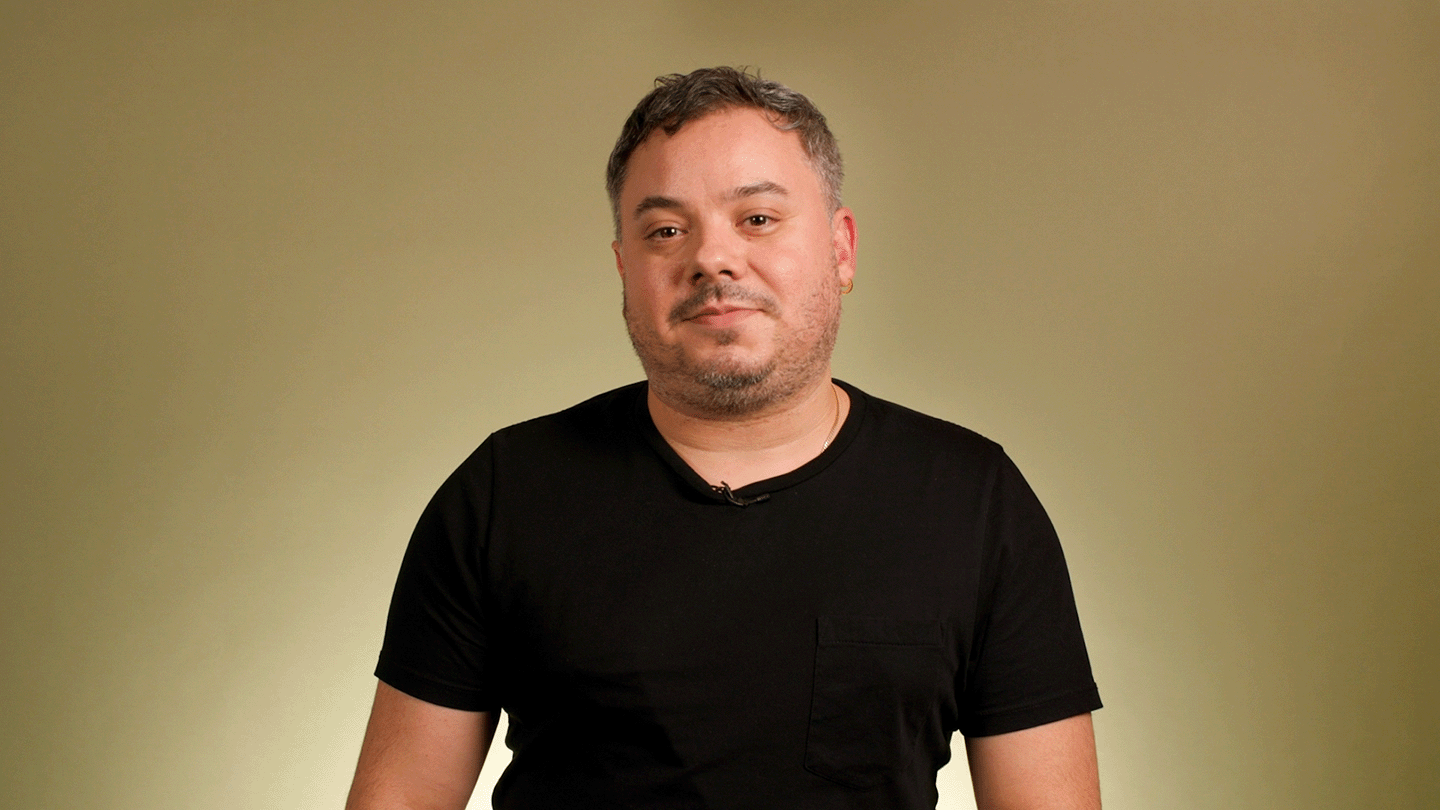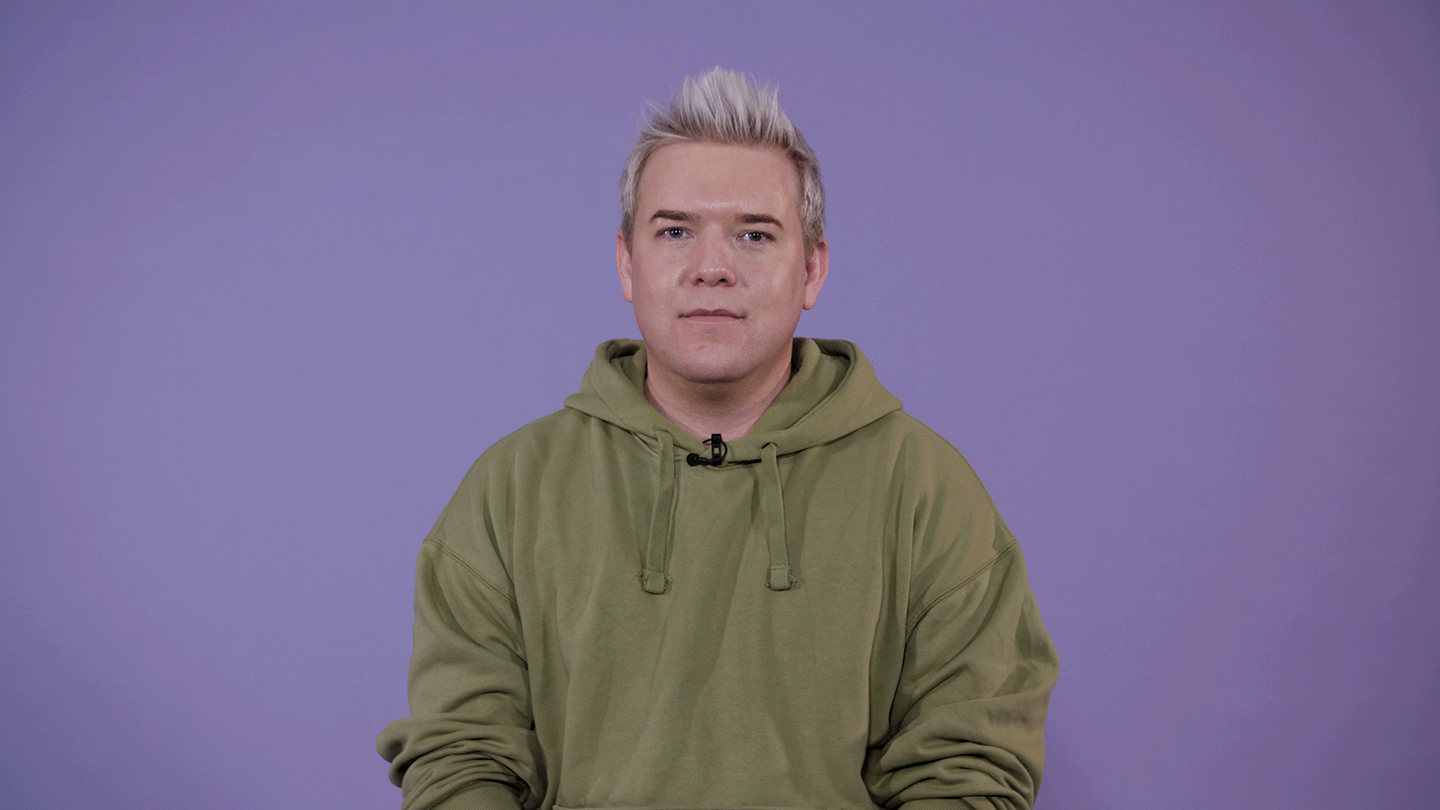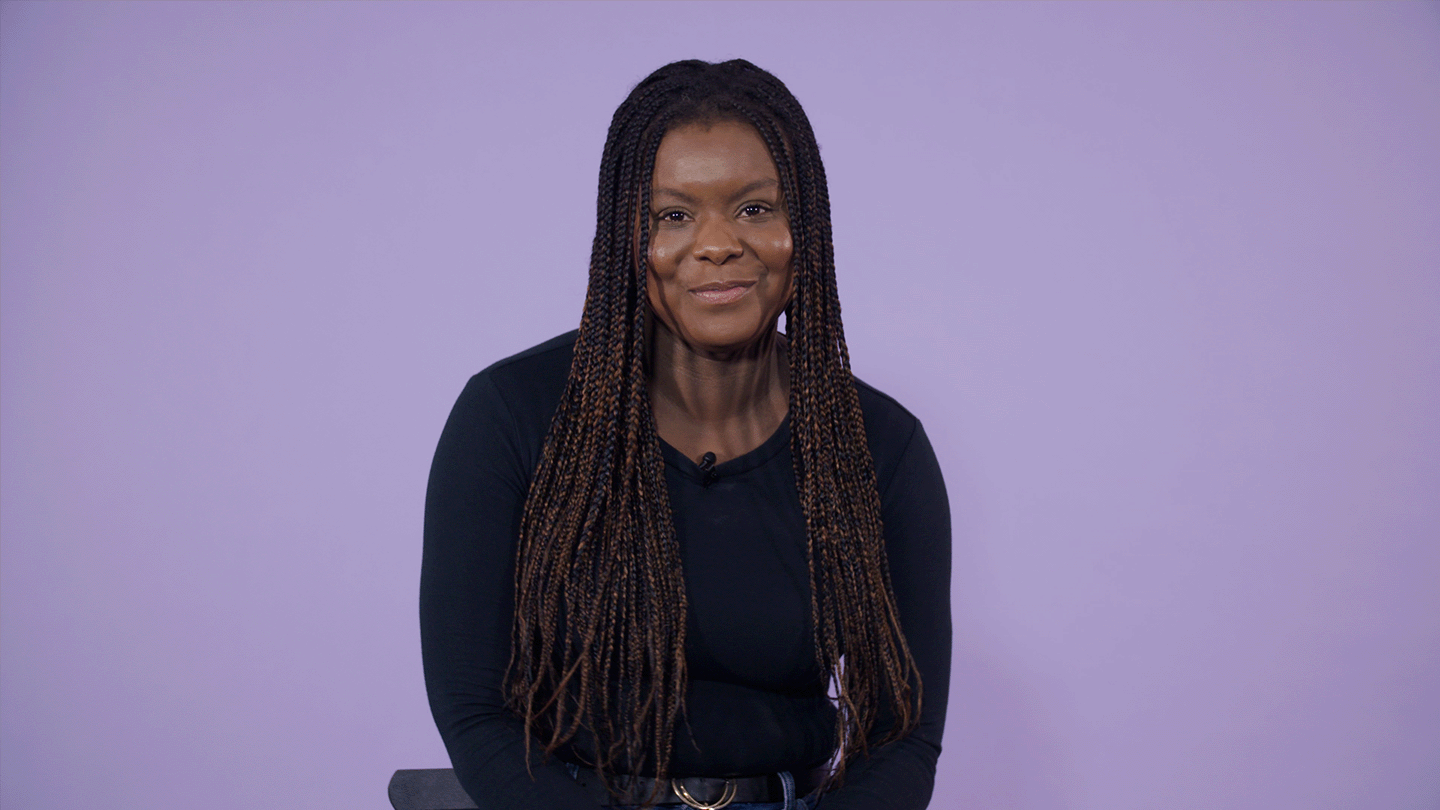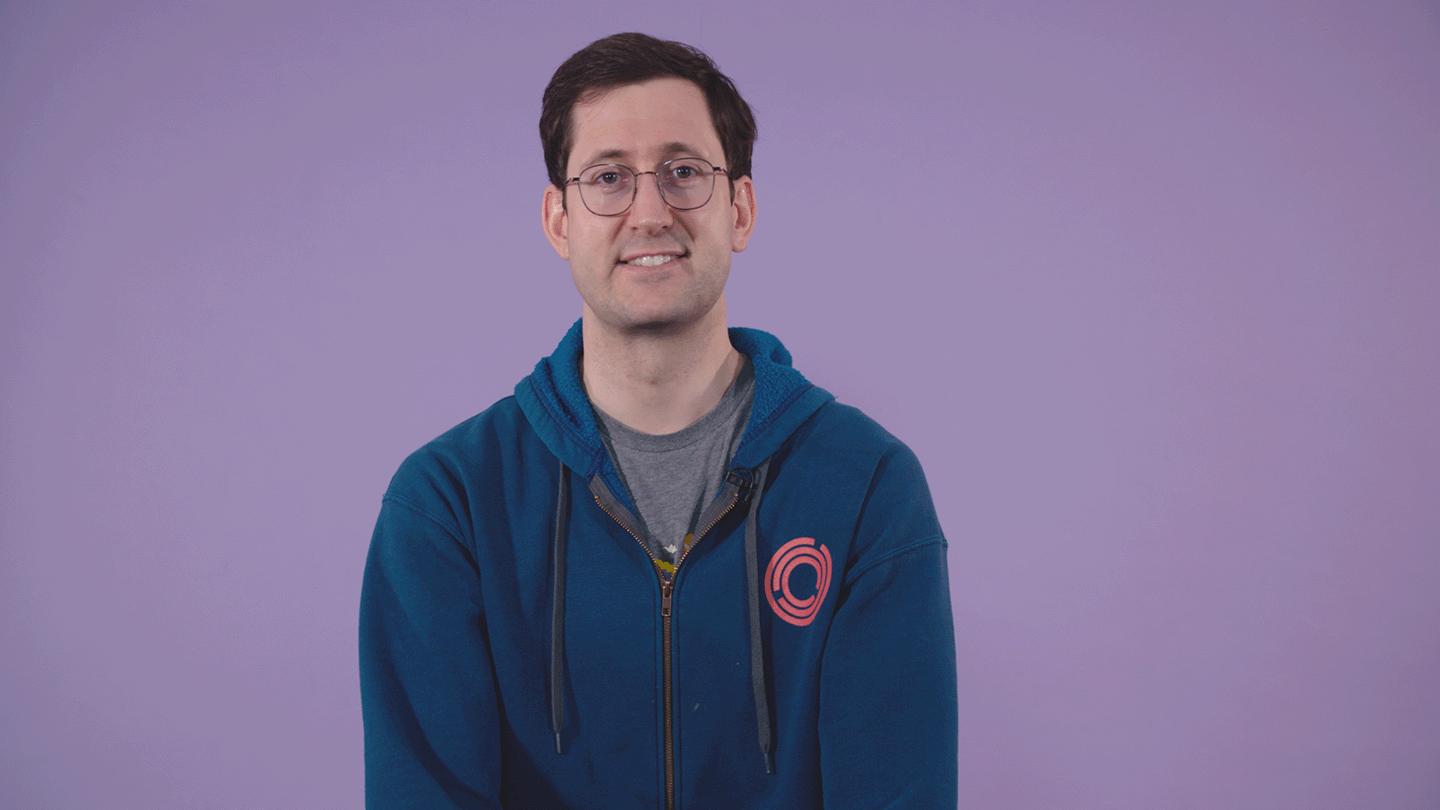Transcript
GET TO KNOW US | JANE STREET
Hi, I’m Ezio, I’m a Linux Engineer at Jane Street. I’m based in the London office and I started in 2020.
WHAT DO LINUX ENGINEERS DO AT JANE STREET?
As Linux Engineers, we’re all different. Some of us like to focus on the more operational side of the job. Some of us like to focus more on the project side of the job and there is no exact mix. My team is responsible for managing a great, big, sizable chunk of the whole technology stack and infrastructure at Jane Street. Mainly, it’s the Linux platform — things like monitoring, performance management, scaling, and troubleshooting, but also things related to the Linux platform, like storage. We do this by also writing and managing the software that we need to automate things and scale things and troubleshoot things.
WHAT SKILLS DID YOU BRING TO JANE STREET THAT YOU FIND MOST USEFUL?
The skills that I bring to Jane Street, I guess, are the ability to simplify complexity and making connections and helping people connect together. Simplifying complexity is very important, especially because we are very fast paced and often we have to process and manage a lot of information. So, being able to distill what is essential and get it across the right teams and the right people helps a lot, especially when something is urgent and needs urgent troubleshooting. What really helped me over the years is my background and my knowledge of Linux operating system theory, not just the practical day-to-day usage of a terminal. This is very important in my job because one thing is doing the operational and the day-to-day reasonably repetitive work, but it’s so important to also focus on problem solving and troubleshooting something that happens there, formulating a hypothesis, and trying to figure out what’s wrong. I worked for big tech companies and small startups alike, and bringing all this experience, diverse experience, together at Jane Street helped me a lot and is helping me still a lot to collaborate with others, speak to them using their own language, and understand better what they need.
HOW WOULD YOU DESCRIBE THE CULTURE AT JANE STREET?
I’d describe the culture at Jane Street as humble and accountable. We often state our level of confidence when we say what we want to say to make sure that people are involved in the conversation, that they feel safe to bring their opinions, and influence each other this way so that we can make the best possible decisions. We are also accountable in the sense that people are not afraid to own their mistakes and put them up for discussion and conversation. And in this way, we focus on solving problems. There’s also another element that I like in our culture, which is the fact that we like to have fun both at work but also in many social events.
HOW DOES JANE STREET HELP FOSTER A DIVERSE AND INCLUSIVE WORKPLACE?
Shortly after joining Jane Street, I learned about community groups and they got me really excited because it represented an opportunity for me to start a group that I felt really passionate about – The Pride Group. Again, thanks to making connections and thanks to having this open culture that we have, it was super easy to start finding people that were interested in participating in the same initiative. And very early on, we got support from HR and from a few other key people in Jane Street that helped us to start the formation of this community group, which is now thriving, alongside others. And it’s something that makes me very proud. Some of the things that we do in the Pride Community group are social. For instance, we have lunches together, we have dinners and drinks together. Some of the others are particularly important from a social point of view and from a company point of view. For instance, one of the important achievements that one of our colleagues managed to do was speak to our private health insurance provider that now provides explicit support for trans people as opposed to considering it as something that is not part of the insurance coverage that we get. Community groups are global and present in all of our offices – New York, London, Amsterdam, Singapore, and Hong Kong. The Pride Community Group is no different than that.
HOW WOULD YOU DESCRIBE COLLABORATION AT JANE STREET?
Collaboration is an essential part of our work at Jane Street. What I like about it is that it can be both informal and formal, depending on what we need to do. The informal approach is very simple. You just go to somebody’s desk and ask them questions or you meet them at lunch or have a coffee break with them. The more formal approach, of course, is needed sometimes when it comes to writing design documents together, having calls across offices in time zones. And this is, I think, where it’s most invaluable because together with our culture, it is very consultative and very inclusive. It allows us to take everybody’s opinions into consideration, even if they are not in the same office or in the same time zones.
WHAT IS SOMETHING YOU WISH YOU KNEW WHEN YOU FIRST JOINED?
Something that I wish I knew when I first joined was how normal it is to ask questions like, “I don’t know this. Can you explain it to me?” I come from other companies, not straight from university. And so I believe that, me, like many other people, feel a certain amount of pressure to know everything and be prepared and productive for the job since day one. That is absolutely not the case and it is absolutely not a requirement. However, my experience was that I spent a lot of time and instead of asking questions, doing my own research. When I came to the office after working from home, I realized how normal and expected it is that people just ask questions to each other and very easily and simply admit that they need to know more and learn something more about the topic.
WHAT ADVICE WOULD YOU GIVE PEOPLE JOINING JANE STREET WHO HAVE PREVIOUS WORK EXPERIENCE?
The advice I have for more experienced hires is to really take your time to absorb, listen, and understand before starting formulating your opinions and making suggestions. You might feel under pressure to be productive from day one, and you might feel under pressure to have opinions and come here and start making changes. Because you might think from other experiences in other jobs that your manager will be looking at you and trying to figure out how productive you are. That is not the case here. It’s really, really valuable and extremely important to spend some time talking to your colleagues, learning and understanding what we do, how we do it, why we do it, and try and understand the “secret sauce” that we put in many of the things that we do. So yes, just listen and absorb in the beginning before starting to contribute.

